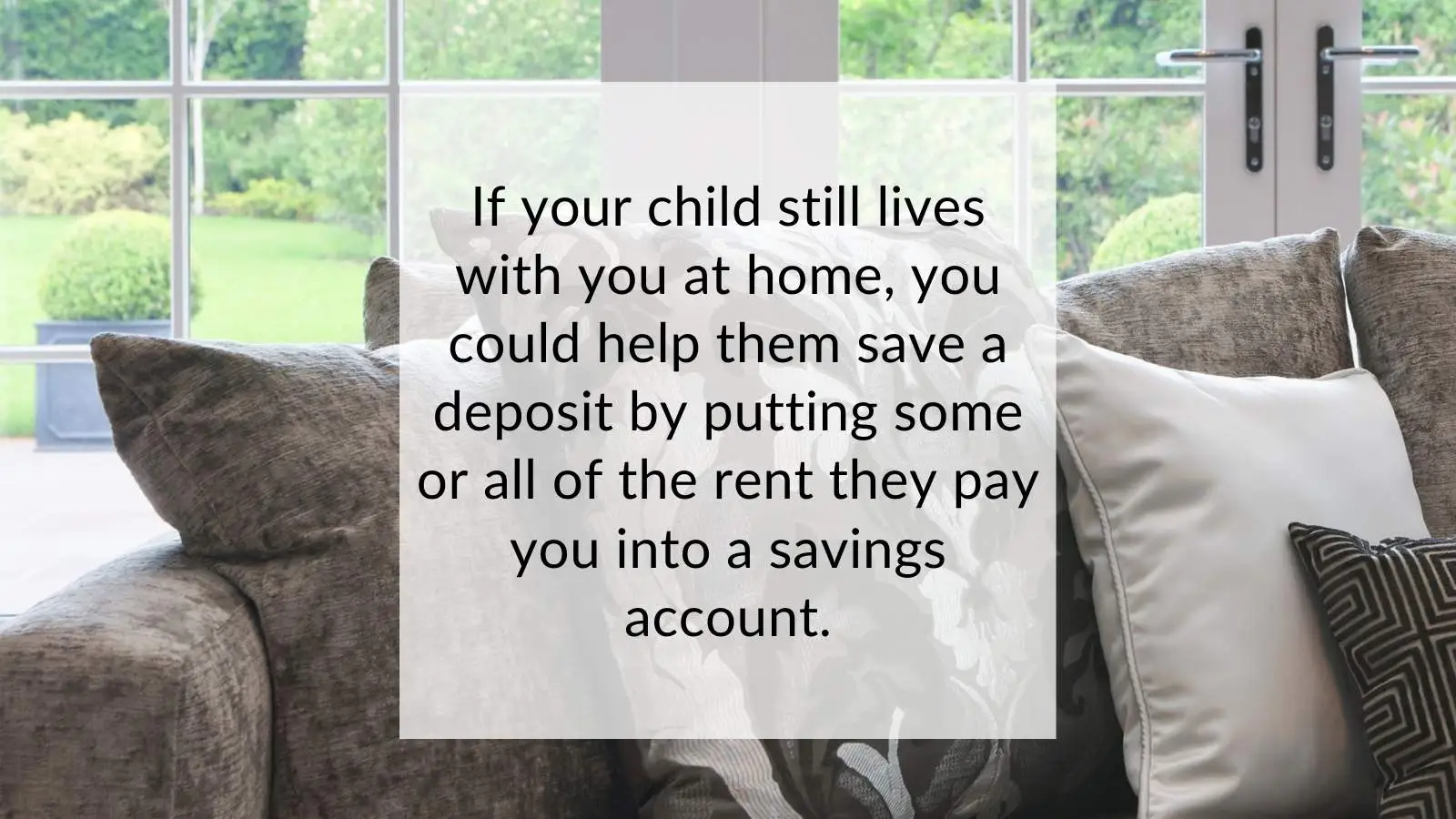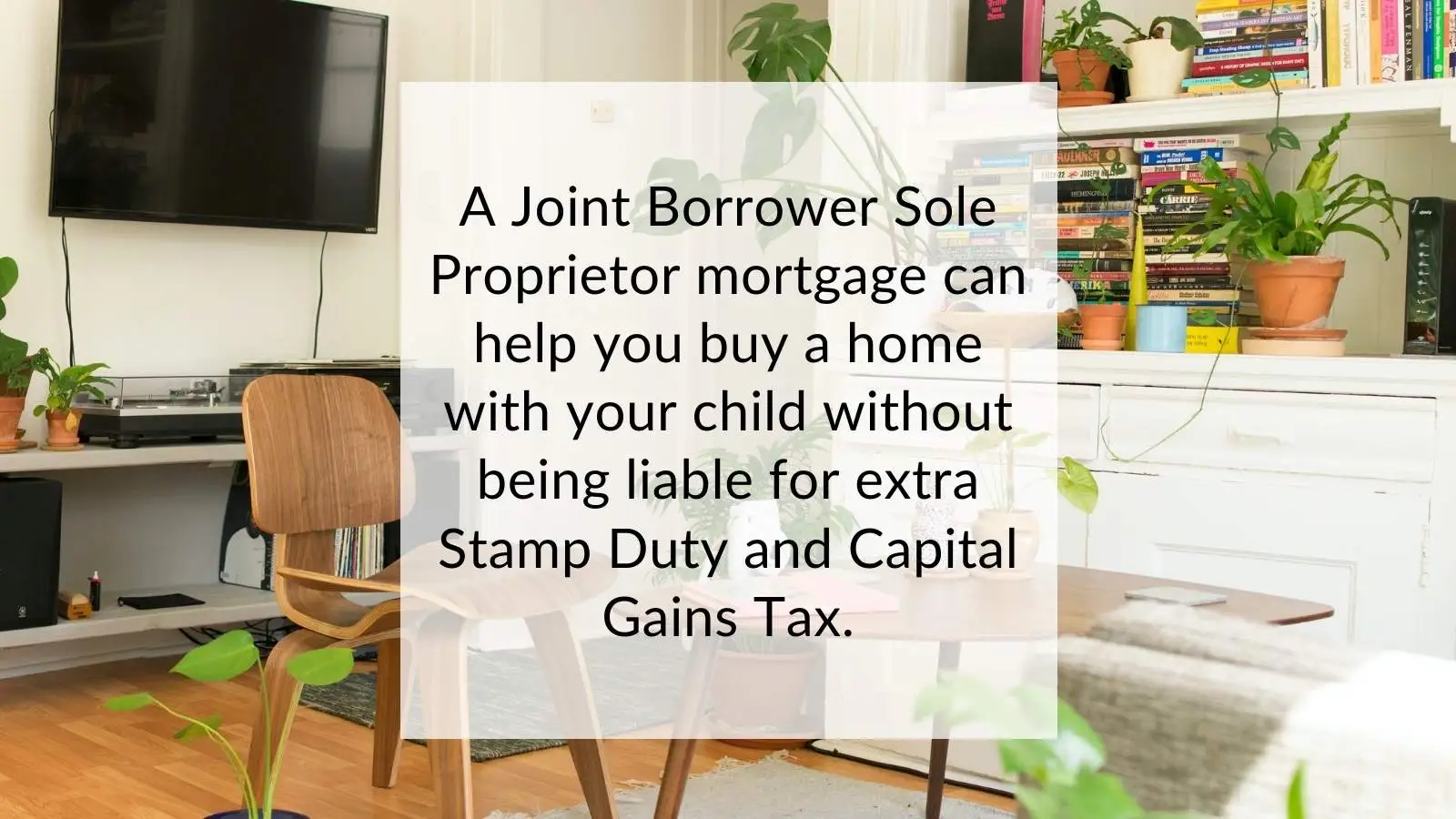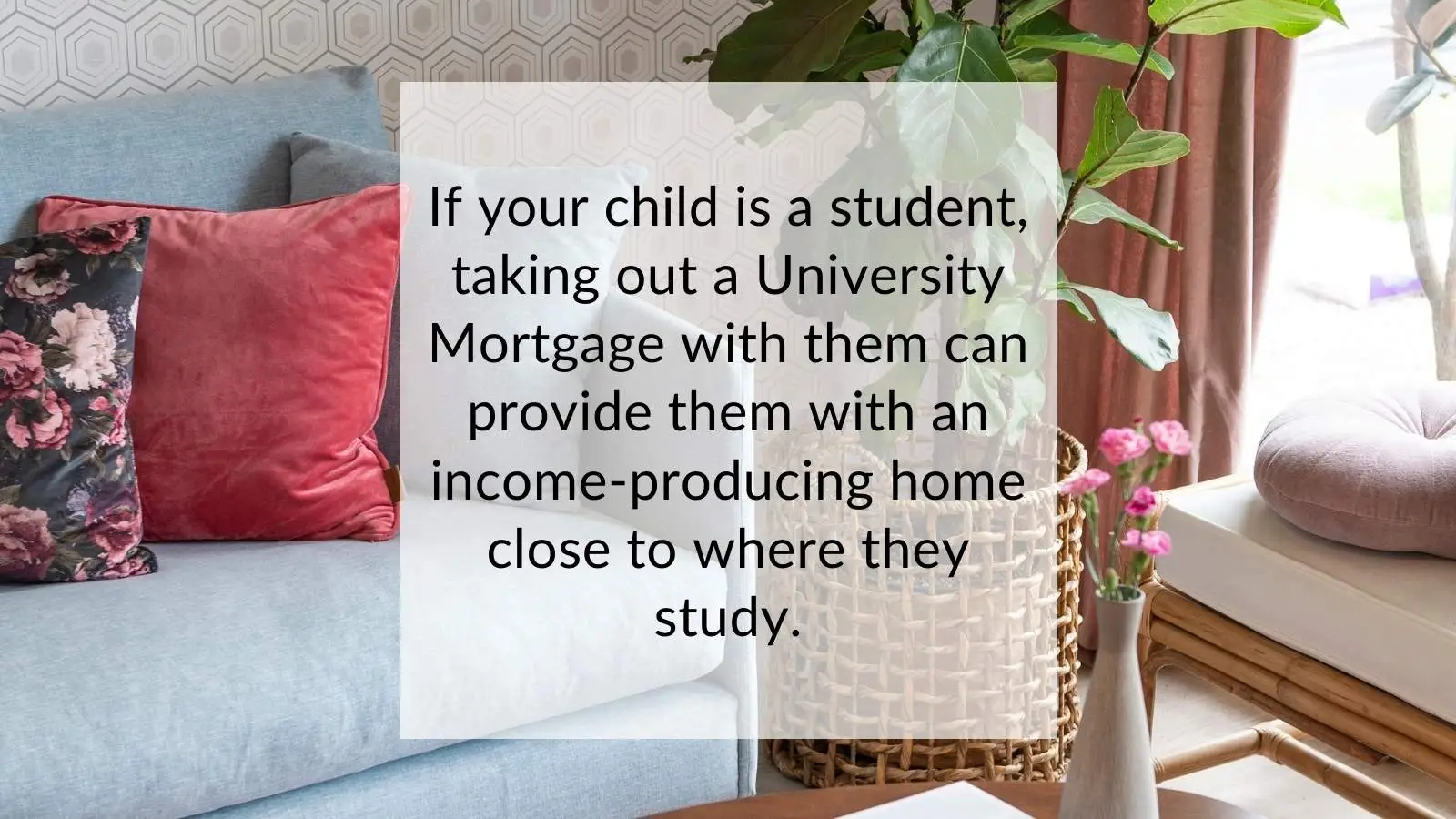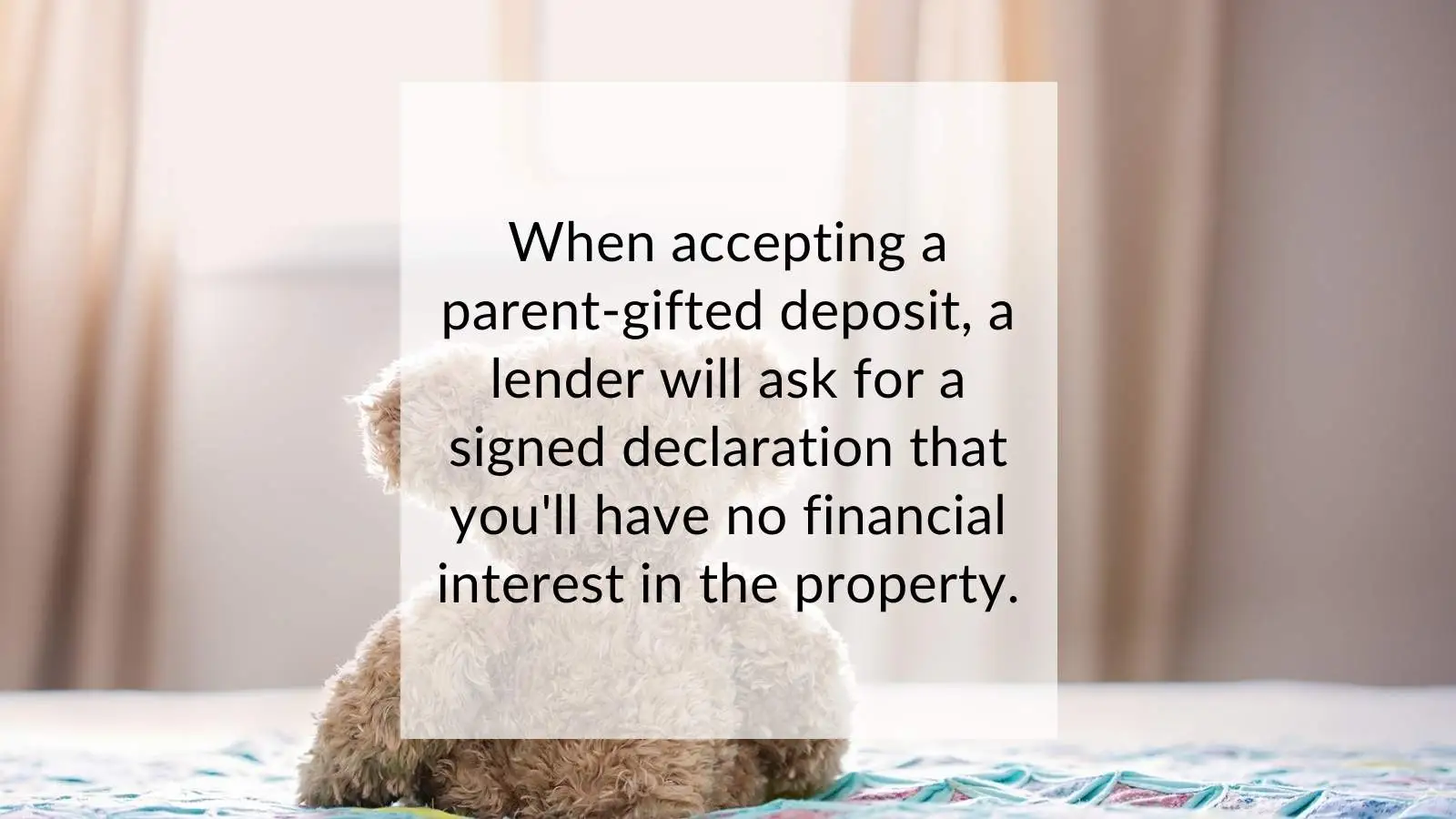It’s getting harder and harder for people to get onto the property ladder. As a parent, when you see your child struggling to get on the first rung, you’ll naturally want to help.
Even at the average price of property in the UK – approaching £300,000 – and even with a 95% mortgage, that still leaves your children needing £15,000 as a deposit, plus Stamp Duty, legal fees and moving costs.
If they want a better interest rate, or if they want to buy a more expensive home, it doesn’t take much to see the difficulties they face. Even with mortgages of 4.5x someone’s salary and longer-term loans, the upfront costs are still a barrier for many buyers.
As affordability has shrunk, The Bank of Mum & Dad has grown, with parents stepping in wherever they can. So, let’s take a look at some of the ways you can help your child buy a home and support their property progress.
Remember: everyone’s status is different, and every lender has its particular criteria, so do get in touch on 01174039430 or hello@wrethical.com for some expert and tailored advice for your circumstances.
PUT YOUR CHILD’S RENT INTO SAVINGS
If your children are still living with you at home, you could help them save for a deposit by putting some or all of the rent they pay you into a savings account.








